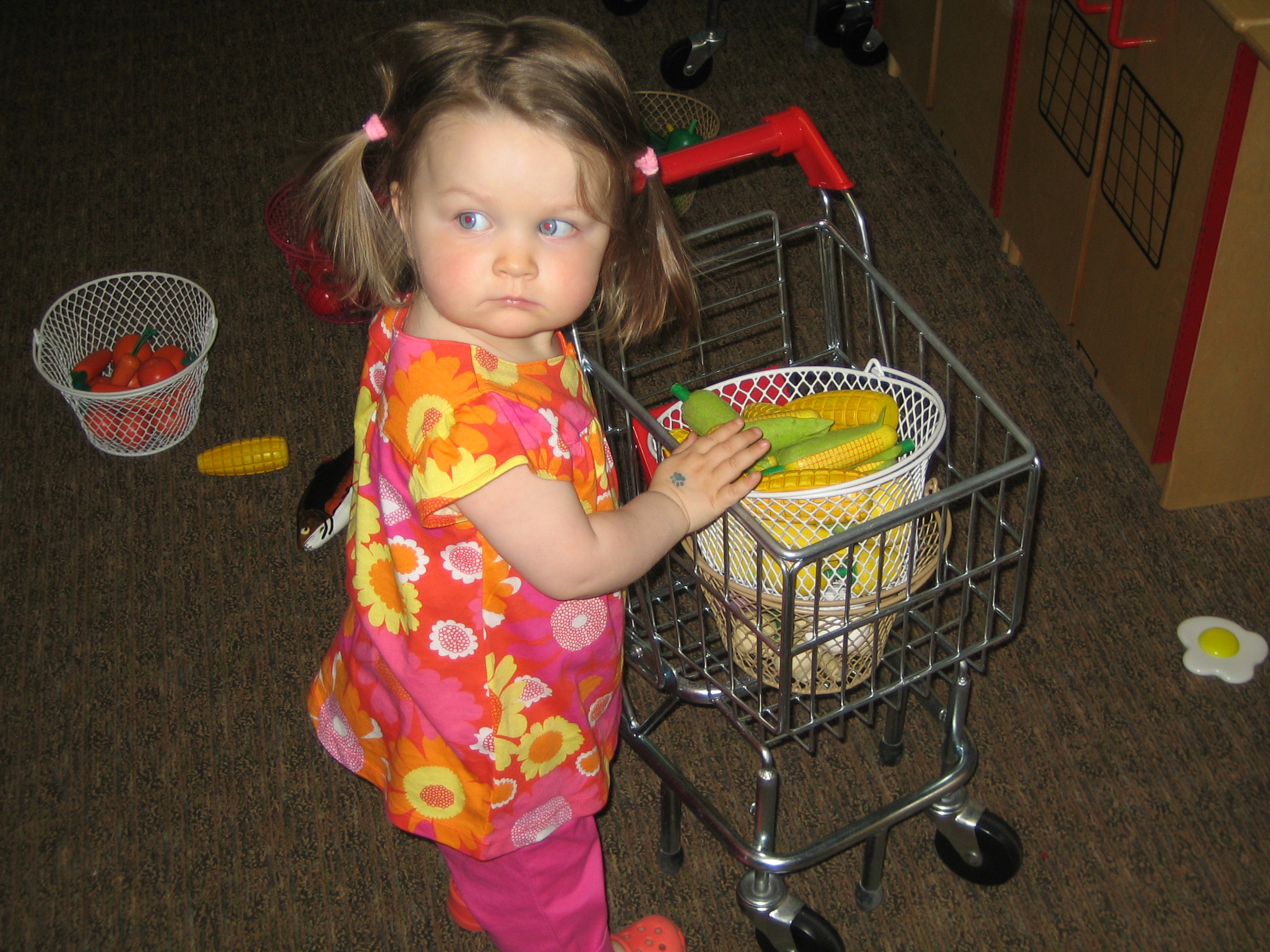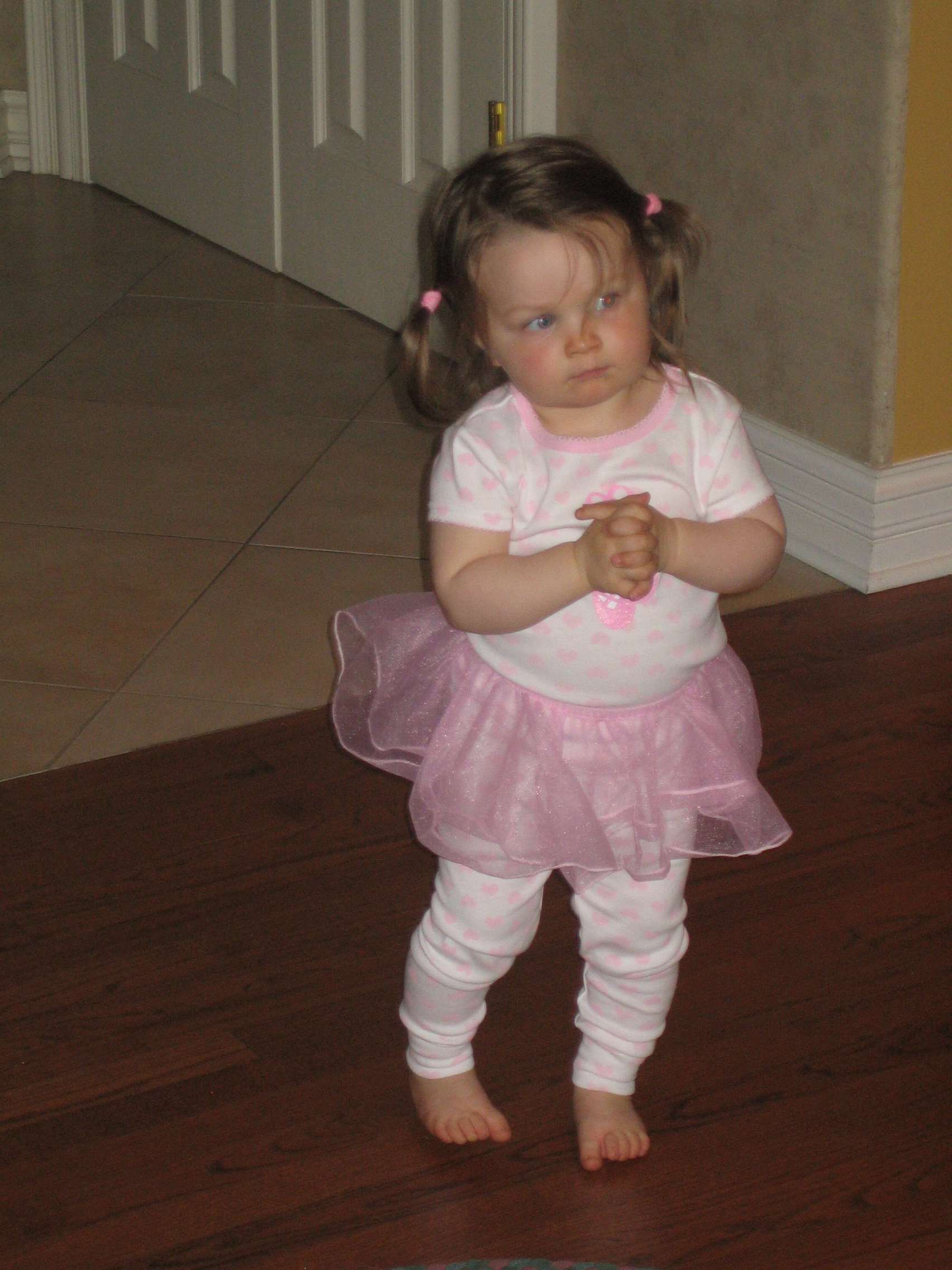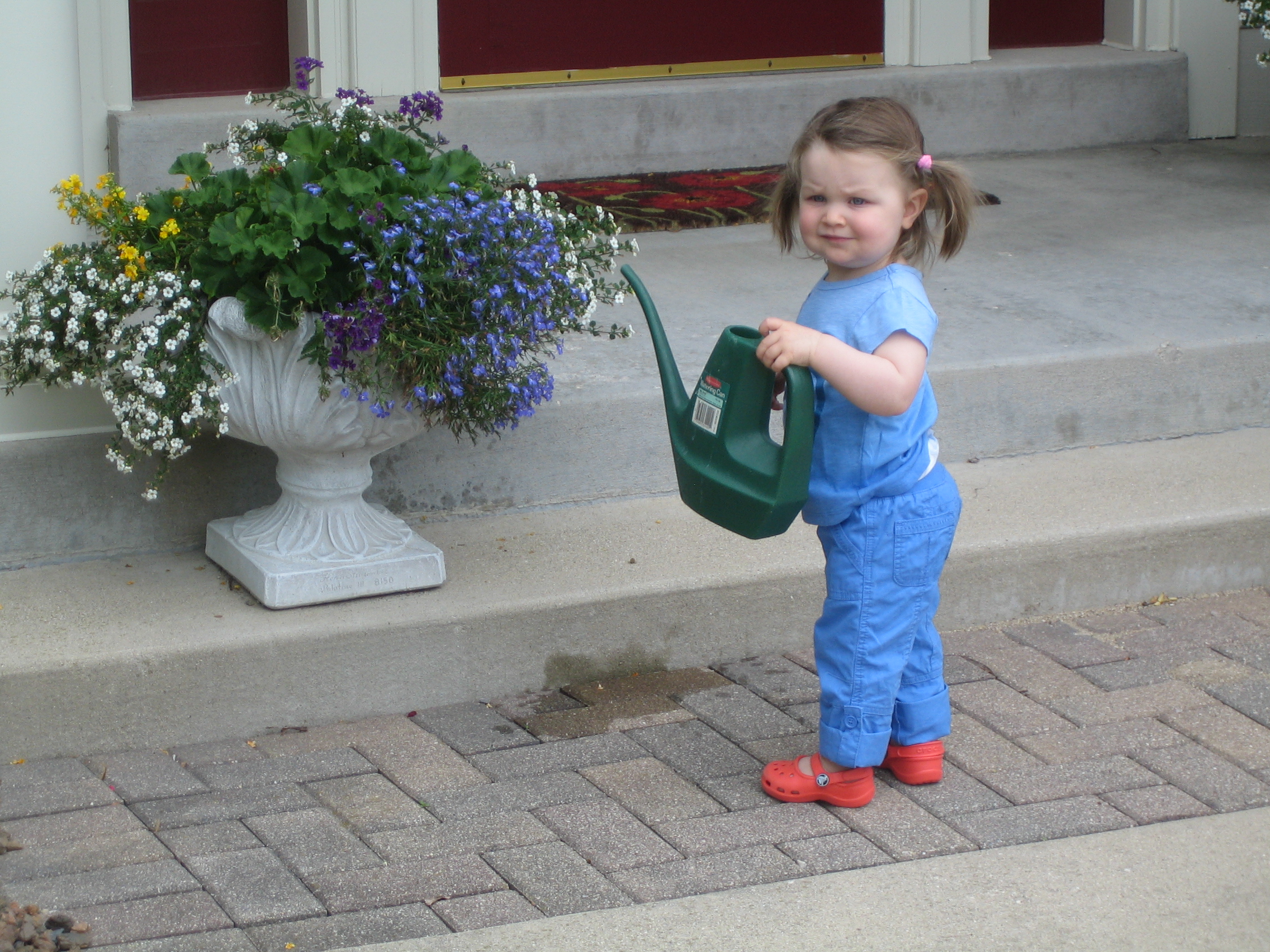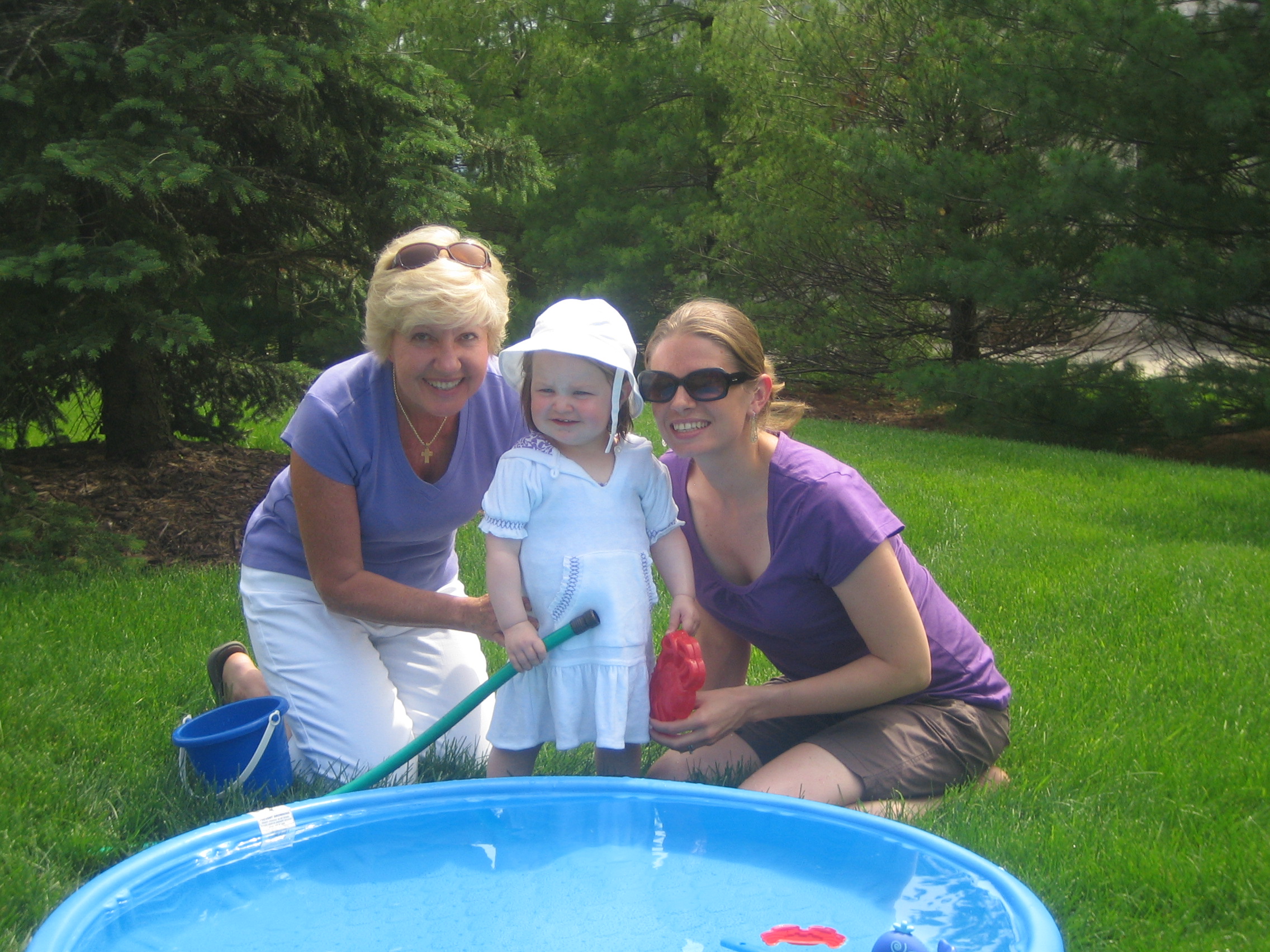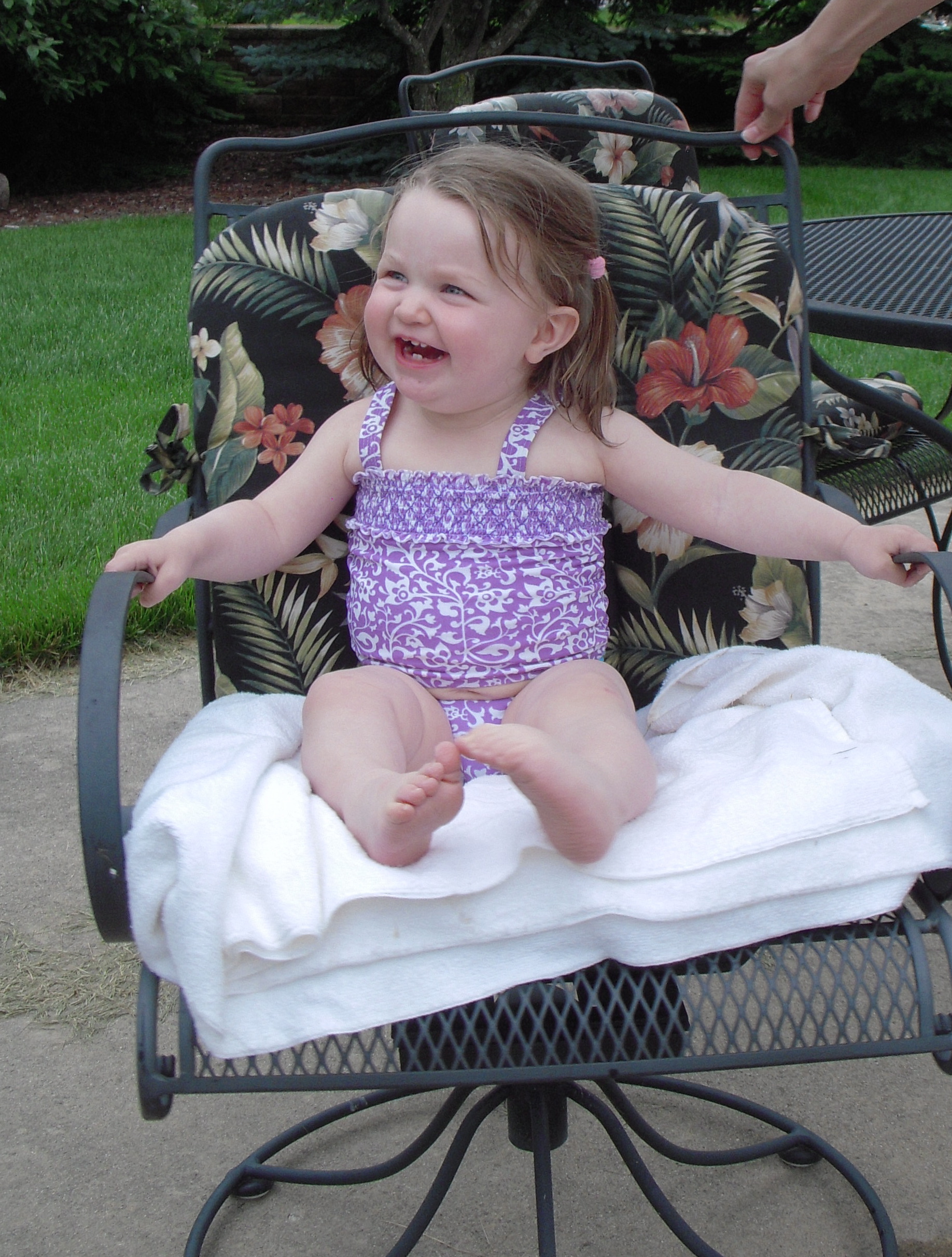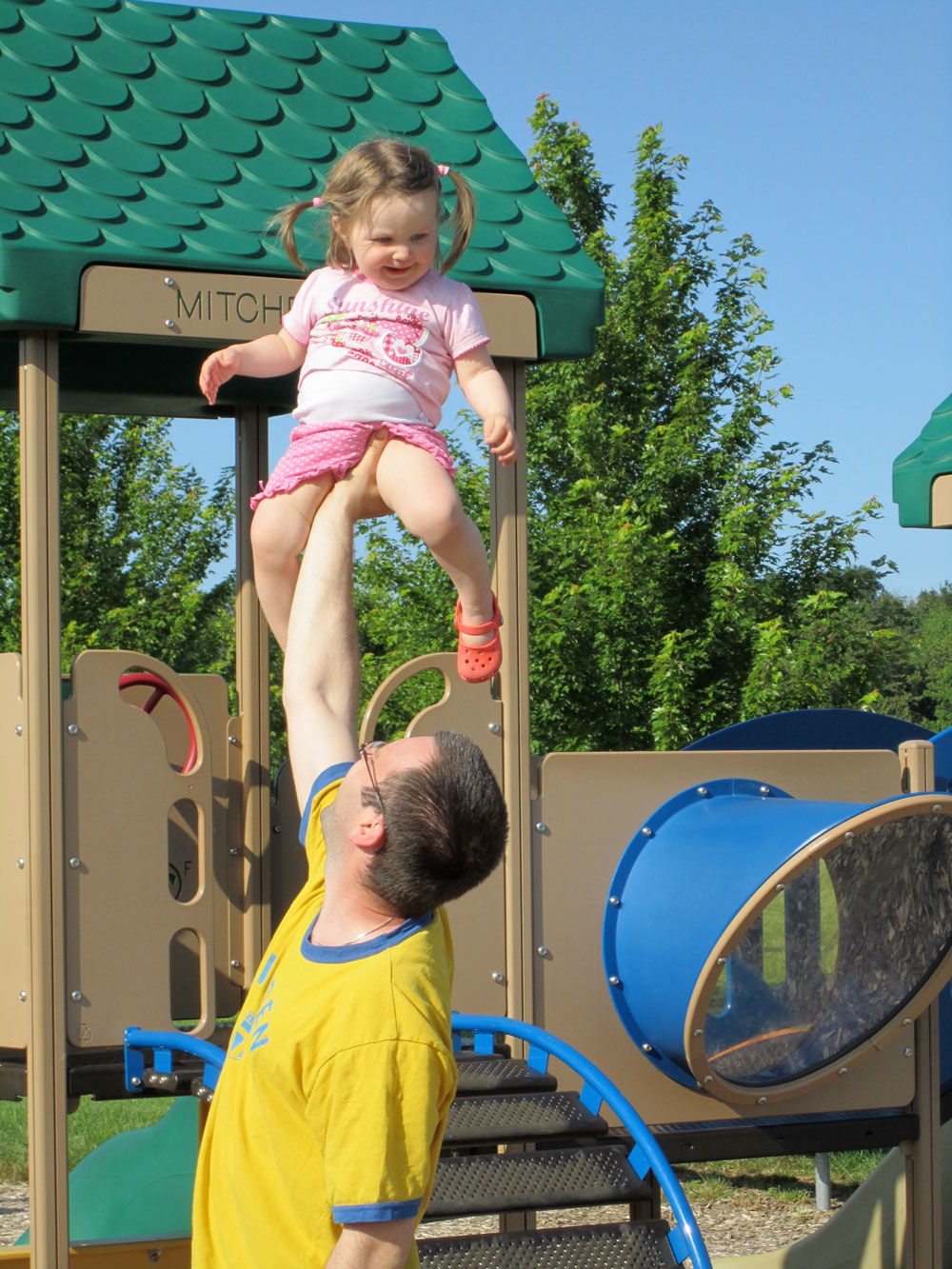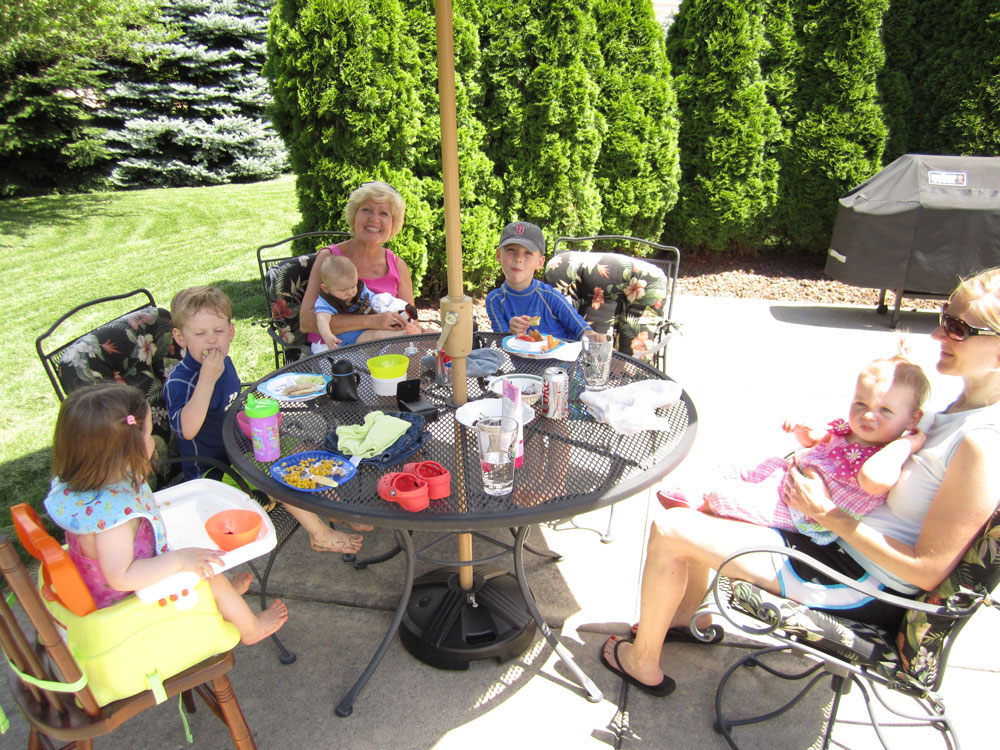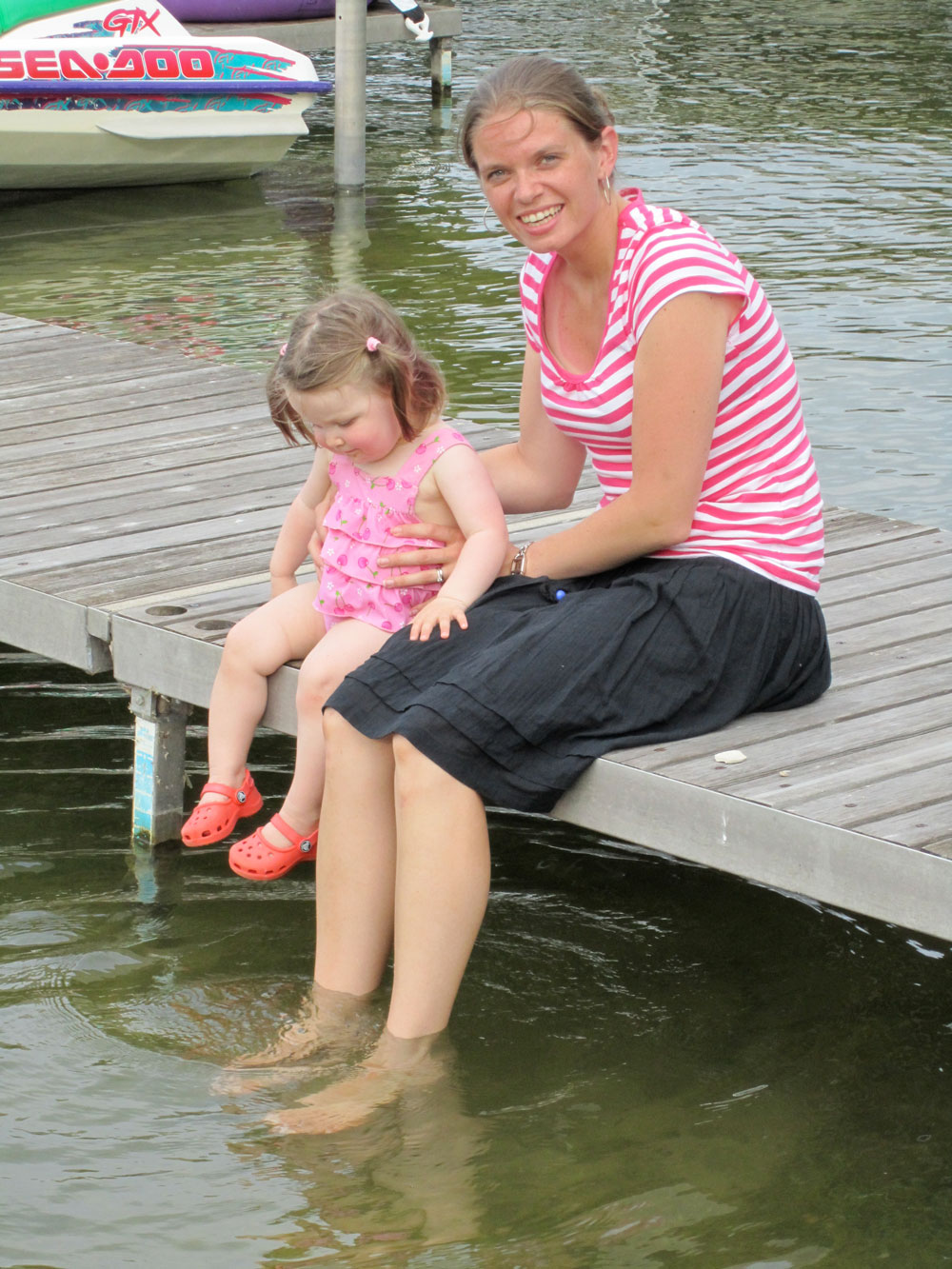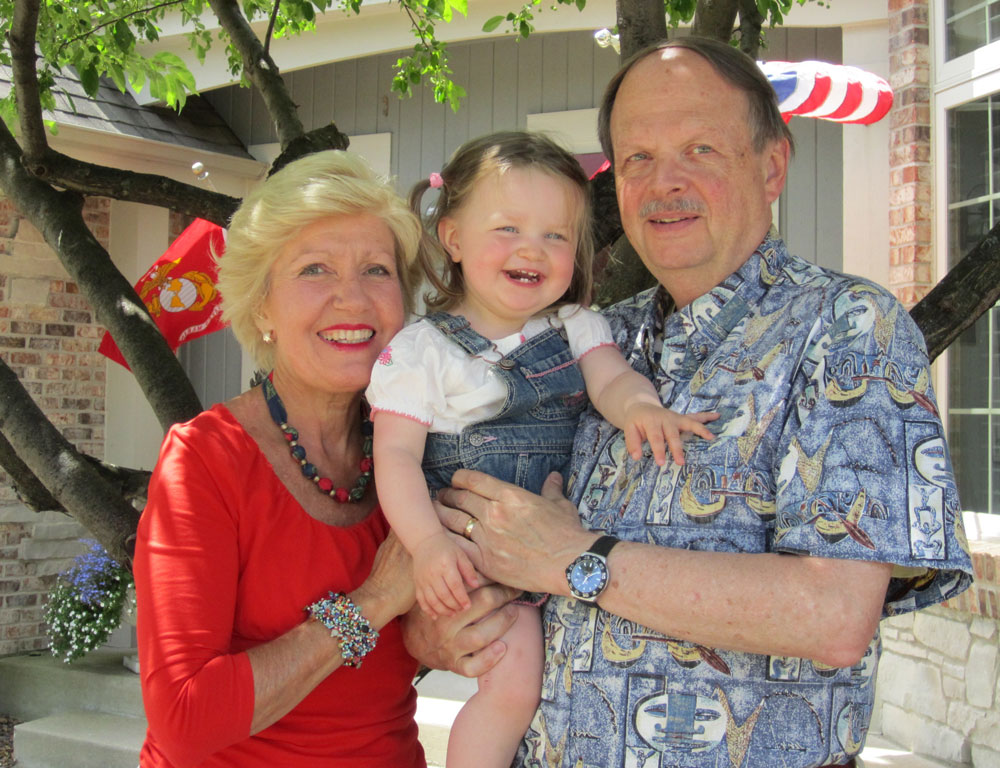Calling All Titus 2 Women!
/ Recently I have talked with a number of Mom to Mom leaders who are experiencing their annual summer challenge: How will God supply the new Titus 2 women we need to have by September in order to start (or re-start) Mom to Mom in the Fall?
Recently I have talked with a number of Mom to Mom leaders who are experiencing their annual summer challenge: How will God supply the new Titus 2 women we need to have by September in order to start (or re-start) Mom to Mom in the Fall?
This becomes an annual dilemma for Mom to Mom groups because, despite the amazingly high rate of return in Titus 2 leaders (most find it very hard to leave Mom to Mom once they have tasted the joys of mentoring moms; a frequent refrain from these women is “I couldn’t live without Mom to Mom myself!”), we are always looking for new leaders. One reason for this is simply the changing seasons of life and shifts in responsibilities which necessarily pull some Titus 2 leaders away. But the best reason for our annual need is that Mom to Mom groups tend to grow. We’re always needing to form new groups. And no one wants to put moms on a waiting list because we can’t find enough Titus 2 leaders.
This is, for me, the season when I begin to pray more intensely than ever for God to stir the hearts of potential Titus 2 women throughout the churches of our country to hear and recognize—and follow!—God’s call in this area.
So you can imagine my delight in coming across an article posted online by Susan Hunt entitled “Wanted: More Older Women Discipling Younger Women.” While Hunt is coming from a slightly different perspective (she is focusing specifically on discipleship of believers and is addressing the broader need to disciple all women, while Mom to Mom focuses on moms and reaches out to include seekers), I was encouraged by her ringing call to churches to live up to the Titus 2 mandate.
For it is a mandate—not just a nice suggestion. I well remember the three young moms who first came to me to ask if I would work with them in forming a ministry to moms. “Don’t you think God meant what He said when He said in Titus 2:3-5 that older women are to teach and encourage younger women?” they asked. Indeed!
The Titus 2 mandate is a generational responsibility. As Hunt puts it: “Older [men and] women have the generational responsibility to share their gifts and graces with younger [men and] women. They are to tell the stories of their victories as well as their failures and show how their stories are part of God’s grand story of redemption.”
This is a relational responsibility. It is life-on-life ministry. It is, in a sense, as we say at Mom to Mom and Hunt says as well, a mothering ministry. The kind of ministry which Paul depicts in I Thessalonians 2:7-8, a favorite passage in Mom to Mom training which is also cited by Hunt:
“But we were gentle among you, like a mother caring for her little children. We loved you so much that we were delighted to share with you not only the gospel of God but our lives as well, because you had become so dear to us.” (NIV)
Like mothering, however, this Biblical imperative, this calling, is not only a responsibility. It is a great privilege, an almost indescribable joy. In fact, one of the best ways to “recruit” future Titus 2 leaders is to invite them to visit Mom to Mom. Most often, once they have the opportunity to see the thirst these moms have for Titus 2 women in their lives, and the joy it is to be a part of God’s great plan in this way, they are “hooked”!
As it is now mid-summer and many Mom to Mom groups are not currently meeting, the second best way to introduce potential leaders to Mom to Mom is to give them an opportunity to talk with other Titus 2 leaders and hear for themselves what a joy mentoring moms can be. They can do this one-on-one or by joining your leadership group for a mid-summer connection or pre-season planning session. Of course we all know that the very best thing about Mom to Mom is watching God at work. Look for any way(s) we can find to give women a glimpse of the life-change that so often occurs in these moms. Watching our powerful God at work in the lives of women and families—and getting to be a small part of His big plan. Does it get any better?!
I know that as I write about the joyful Biblical mandate of Titus 2, I am in a sense “preaching to the choir” on this blog. Many of you are already Mom to Mom leaders and know the joy of loving on moms. Some of you are desperately searching for more leaders and saying, “Yea and Amen to what you’re writing—why can’t more women in my church (or even my church leadership) see the urgency of this calling?” I just want to encourage you. Don’t give up! What you are doing is worth it! It is worth it because God tells us to do it. It is worth it because following God’s plan truly meets the needs of moms. It is worth it because, as the old song says, “there is joy in serving Jesus”!
You may be encouraged by reading Susan Hunt’s article. You may even want to share it with your pastor or Women’s Ministry leader. Or at least feel inspired by the reminder that older women coming alongside younger women was God’s plan all along.
We at Mom to Mom are praying with you and for you as you pray and plan toward September. God will supply all your needs. (Philippians 4:19) In His time . . .


